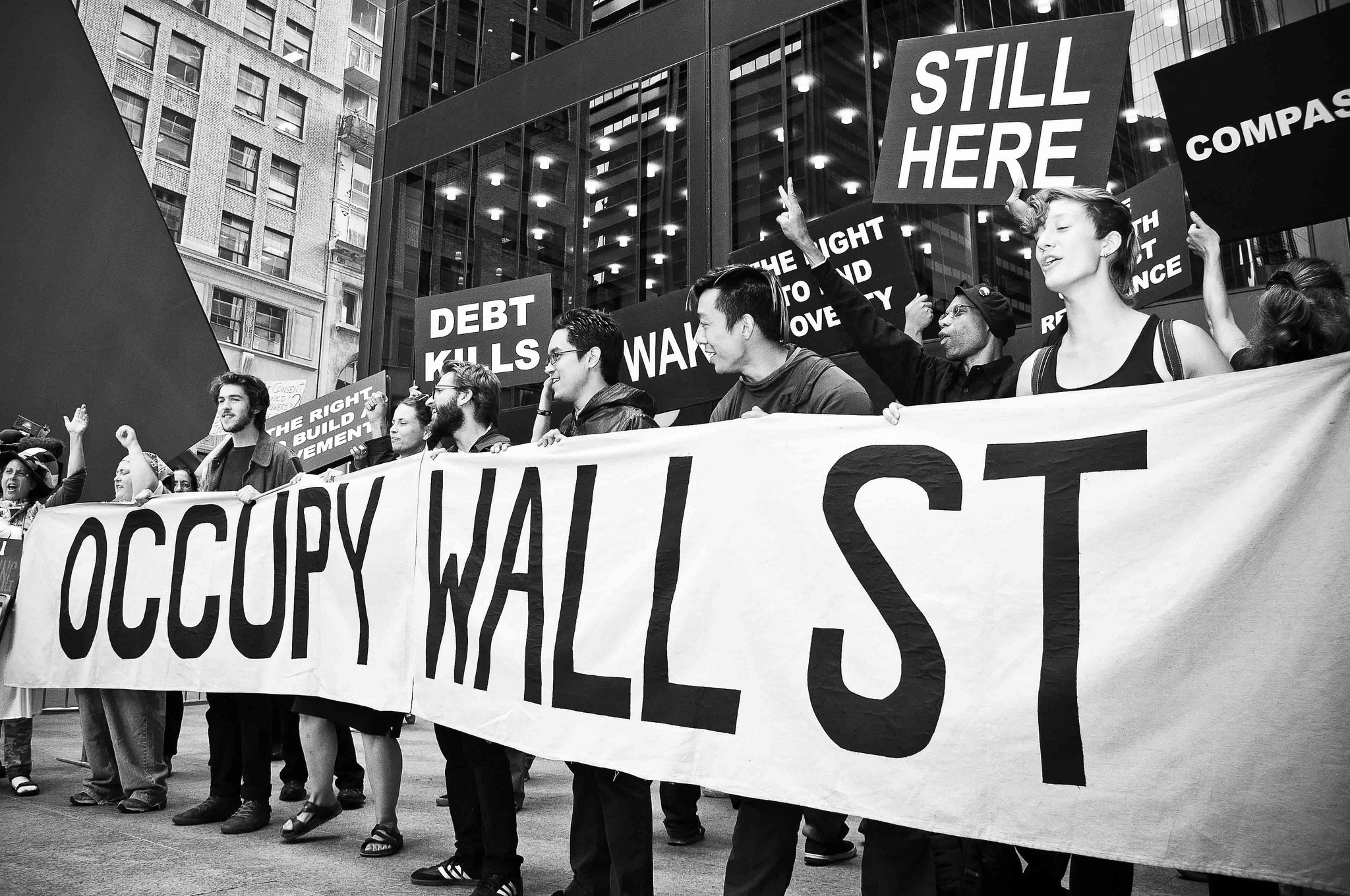Summary
Inequality is hardly a new issue. But the evidence on the extent of inequality and how it impacts our economy has moved on dramatically in recent years. The rise of populist politicians has also laid bare how globalisation has negatively impacted parts of society.
The former business secretary, Vince Cable, argues that globalisation may well have the effect of raising human welfare, overall, and contributing to less inequality between countries but it has also helped increase inequality within developed countries. He explores the latest evidence on the distribution of income and wealth inequality, covering the work of the likes of Thomas Piketty, Emmanuel Saez and Anthony Atkinson.
This leads him to beg the question: does inequality matter? Cable challenges the view that there is a trade-off between growth and equality, or that equality of opportunity is sufficient. Instead, some redistribution of income, wealth and opportunity, provided it is not extreme, is compatible with good economic performance.
Drawing on his time in government, he sets out a series of reforms to combat inequality. On taxation, big headline-grabbing changes are eschewed in favour of removing the proliferation of allowances that privilege those with access to expensive advice. To continue the reforms he led on high corporate pay, he suggests making it obligatory for companies to consult their workforce on executive pay, and publishing details of how significant shareholders vote at company AGMs. While to avoid a race towards aggressive nationalism, he emphasises the need to invest in education in both the early years and university, as well as in retraining.
Vince Cable served as secretary of state for business, innovation and skills between 2010 and 2015. Vince was MP for Twickenham for 18 years and served as deputy leader of the Liberal Democrats. He was knighted in the 2015 honours list for political and public service. Before becoming an MP he was chief economist at Shell Oil Company.
The image is ‘Occupy Wall Street One Year Later (21 of 39)’ by Glenn Halog, published under CC BY-NC 2.0
